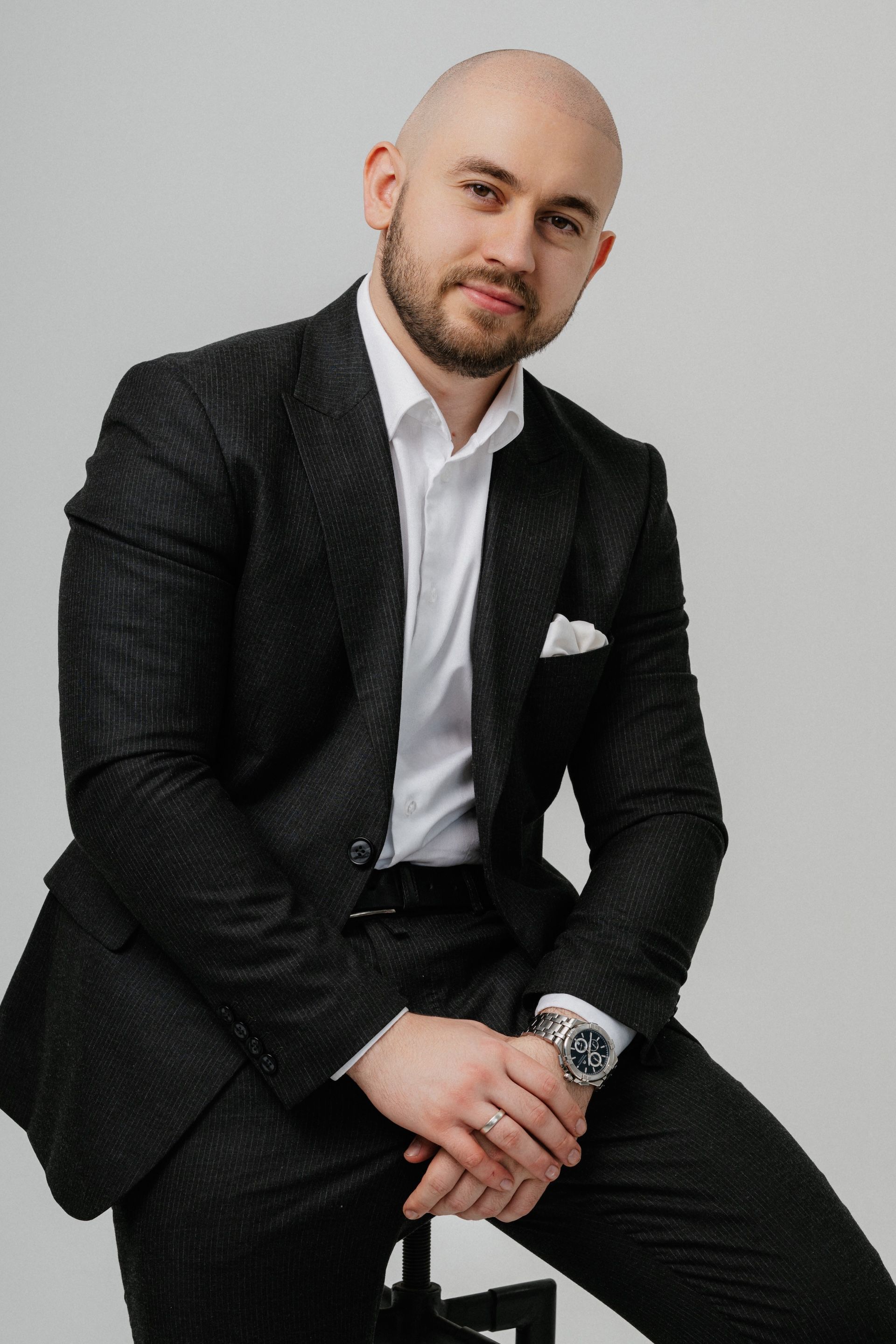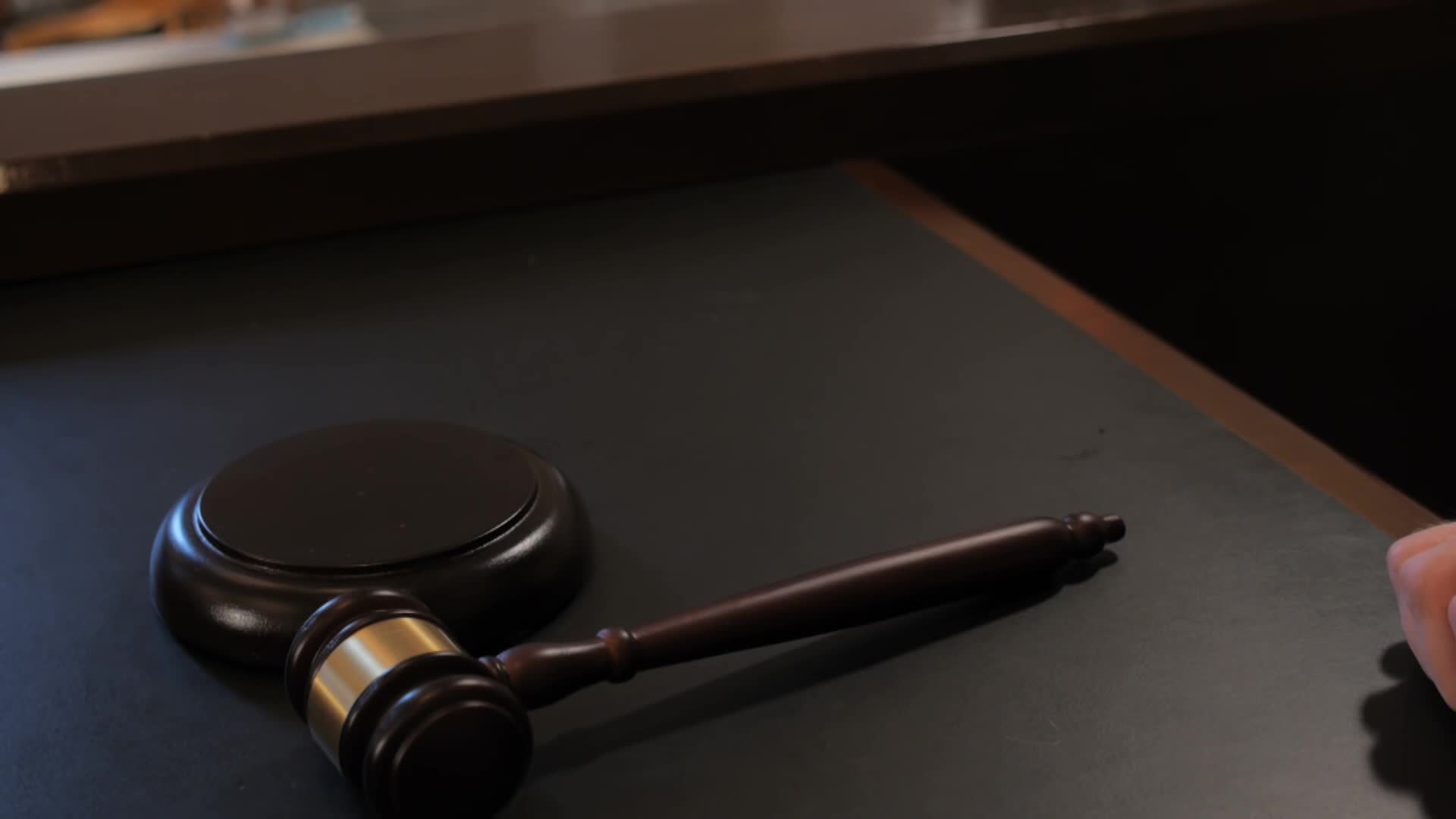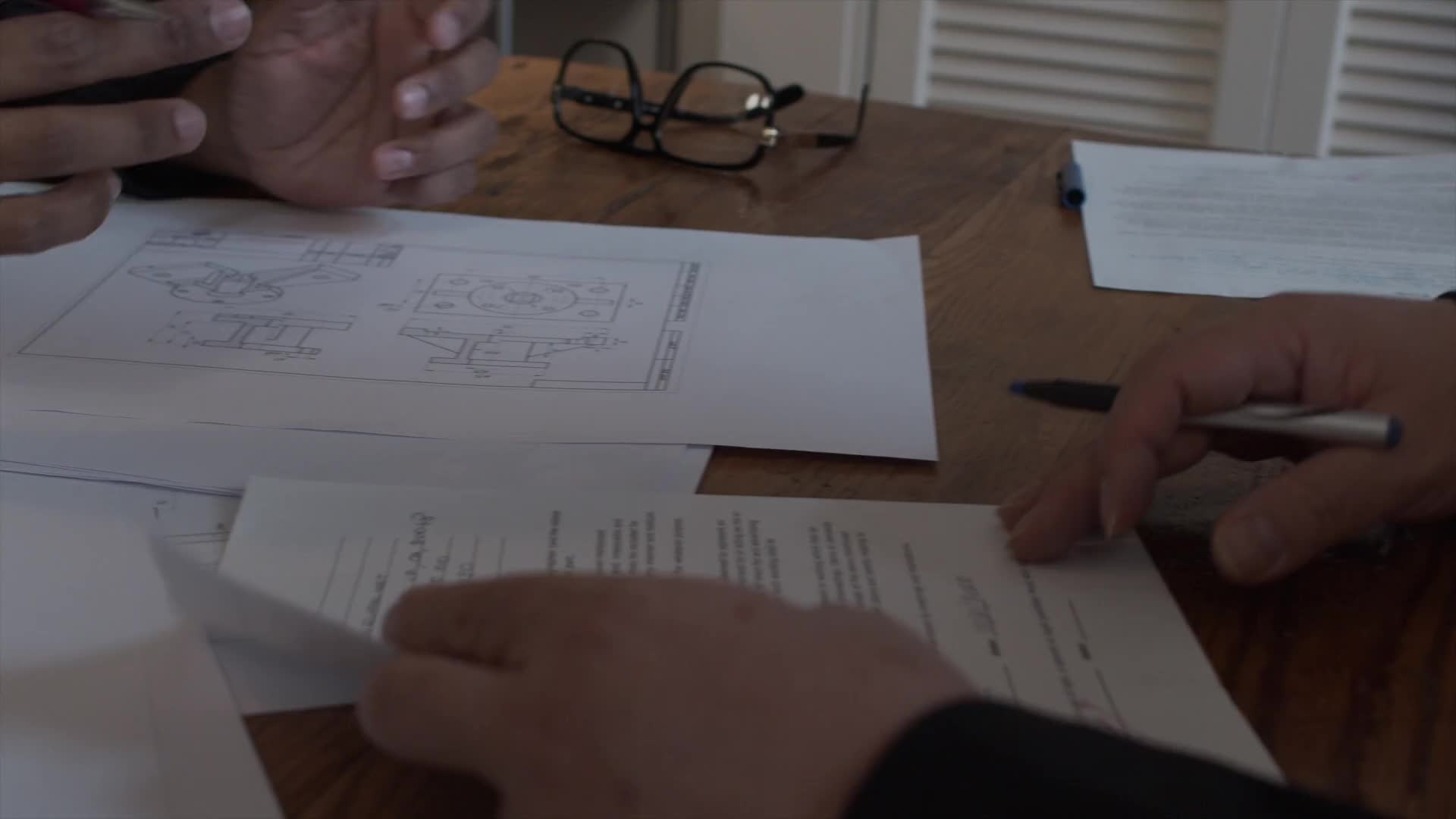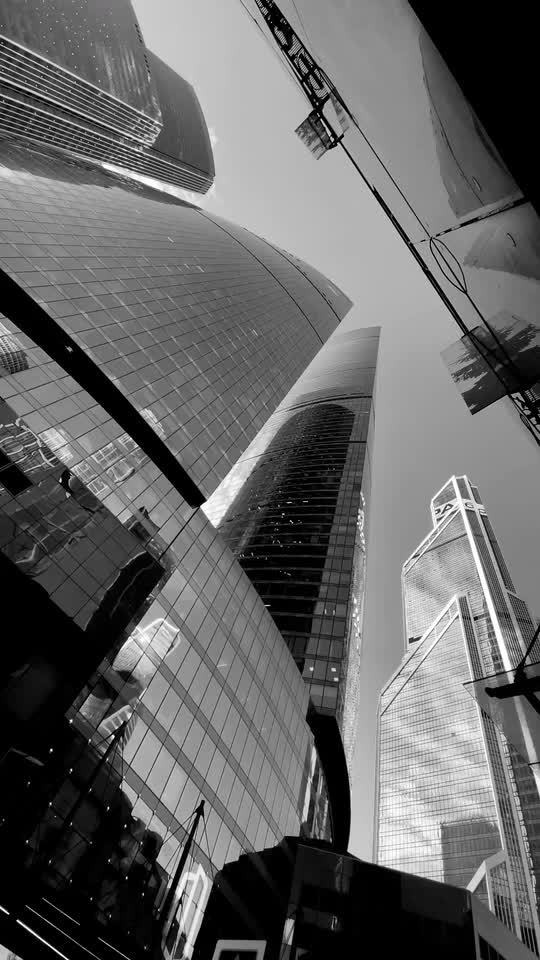We don’t just defend your interests — we give you confidence at every stage of a dispute
179

— that’s how many complex legal cases the M&M Partners team has successfully resolved, representing our clients’ interests in corporate and bankruptcy disputes. Behind every case lie a strategy, experience, and impeccable preparation that lead to results.
We don’t just defend your interests — we give you confidence at every stage of a dispute
How we can help
Services
Strategic legal solutions to protect your business and assets
Bankruptcy Legal Support
We protect owners, directors, and beneficiaries in bankruptcy cases — including liability of controlling persons, transaction challenges, claims for damages, transfer of the debtor’s assets and records, and liability of the bankruptcy trustee.
Corporate Dispute Resolution
We provide legal support in corporate conflicts, with a focus on challenging shareholder resolutions and transactions, removal of shareholders and members by court decision, claims for recovery of the fair value of shares, mandatory share buyouts, and claims for damages
Legal Support for Private Clients
Comprehensive legal assistance for individuals. We handle all your legal matters with complete confidentiality: representing clients in court, advising on personal assets and transactions, and managing all your personal legal needs
Commercial Dispute Resolution
End-to-end support in commercial disputes related to supply, leasing, carriage of goods, freight forwarding, lease agreements, and more — from consultations and negotiations to litigation
Ongoing Legal Support for Businesses
We offer subscription legal services for businesses, providing continuous legal advice and addressing legal issues as they arise
Key figures
01
/
06
It all starts with people
TEAM
that takes on the toughest challenges

Sergey Morozov specializes in handling isolated disputes in bankruptcy cases, including challenging transactions, pursuing subsidiary liability, and recovering damages. He protects the interests of private clients in complex commercial conflicts at all stages — from negotiations to litigation.

Lina Morozova is an expert in resolving corporate disputes, including recovery of the actual share value, exclusion of shareholders, and challenging resolutions of general meetings. She also successfully handles bankruptcy-related disputes and represents the interests of private clients at both the pre-trial and trial stages.
We helped our clients
CASES
Practical solutions that deliver results
Previous case
Next case





